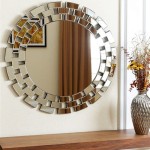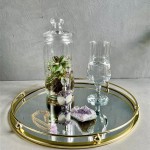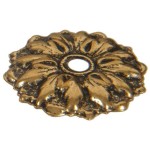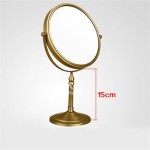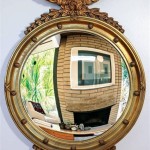Mirror Tinted Windows
Mirror tinted windows, also known as reflective windows or one-way mirrors, are a type of glass treated with a thin metallic coating. This coating allows the glass to reflect a significant portion of incoming light, giving it a mirrored appearance. The effectiveness of this reflective property depends on the specific type of coating and the lighting conditions on either side of the glass.
Light Transmission and Reflection
The core principle behind mirror tinted windows lies in the manipulation of light transmission and reflection. During daylight hours, the exterior side of the window typically receives more light than the interior. This brightness differential causes the exterior surface to act as a mirror, reflecting the surrounding environment. Conversely, at night, with interior lights on and exterior darkness, the effect reverses. The interior becomes more visible from the outside, while the exterior appears darker.
Benefits of Mirror Tinted Windows
Mirror tinted windows offer several advantages, contributing to their popularity in various applications:
Increased Privacy
One of the primary benefits is enhanced privacy. During daytime, the reflective exterior makes it difficult for outsiders to see into the building, shielding occupants from unwanted observation. This feature is particularly valuable in residential homes, commercial buildings, and vehicles.
Reduced Glare and Heat
The reflective coating helps to reduce glare from sunlight, which can improve visual comfort and reduce eye strain for those inside. Additionally, the reflective properties help to reject a portion of solar heat, contributing to lower interior temperatures and reducing the load on air conditioning systems, which can translate to energy savings.
Enhanced Aesthetics
Mirror tinted windows can enhance the aesthetic appeal of a building. The reflective surface adds a modern and sleek look to the architecture, and can also create a sense of uniformity across the building's façade.
UV Protection
Many mirror tints also offer significant protection against ultraviolet (UV) radiation from the sun. This helps to protect interior furnishings, fabrics, and artwork from fading and degradation caused by prolonged sun exposure.
Types of Mirror Tints
Various types of mirror tints exist, each offering different levels of reflectivity, light transmission, and other performance characteristics. These variations allow for customization based on specific needs and preferences.
Metalized Films
These films utilize a thin layer of metal, such as aluminum, to create the reflective effect. They are known for their high reflectivity and good heat rejection properties, making them a popular choice for commercial buildings.
Dye-Based Films
Dye-based films achieve their tinting effect through the absorption of light by dyes embedded in the film. While they offer some reflectivity, they are generally less effective at reflecting heat compared to metalized films.
Hybrid Films
Hybrid films combine the properties of metalized and dye-based films, offering a balance of reflectivity, heat rejection, and aesthetic options. They can provide a good compromise between performance and cost-effectiveness.
Considerations for Installation
While mirror tinted windows offer numerous benefits, several factors should be considered before installation:
Local Regulations
Building codes and regulations regarding window tinting can vary significantly depending on location. It's essential to research and comply with local ordinances before installing mirror tinted windows to avoid potential legal issues.
Nighttime Visibility
While beneficial during the day, mirror tinting can reduce visibility from the inside out at night. This factor should be considered, particularly for residential applications where clear nighttime visibility might be crucial for security.
Maintenance
Maintaining mirror tinted windows typically involves cleaning with gentle, non-abrasive solutions and soft cloths. Harsh chemicals and abrasive cleaning tools should be avoided as they can damage the reflective coating and reduce its effectiveness.
Applications of Mirror Tinted Windows
The versatile nature of mirror tinted windows makes them suitable for a wide range of applications, including:
Commercial Buildings
Office buildings, skyscrapers, and retail stores frequently utilize mirror tinted windows to enhance privacy, reduce glare, and improve energy efficiency.
Residential Homes
Homeowners often choose mirror tinted windows for added privacy, sun control, and to enhance the aesthetic appeal of their homes.
Vehicles
Mirror tinting is commonly used in automobiles to reduce glare, protect interiors from sun damage, and enhance privacy for passengers.

Does One Way Mirror Tint Work After Dark Ap Tinting

Install Mirror Window Tint For Your Car

Mirror Silver Privacy One Way Window Tinting Pro Tint 51 76 100 152cm

Universal 20 X10ft Uncut Roll Window Mirror Silver Chrome Tint Car Glass

Mirror Silver Privacy One Way Pro Window Tinting Sticky Back Tint

Ez One Way Mirror Static Cling Window World

Window One Way Mirror Tint Home Tinting Privacy Solar Reject Glare Uv Block 19 W Com

Mirror Tint Tinted Windows Tints Car Window

3m Glass Tint Reflective Oneway Mirror Window Mirrored Privacy Selfadhesive

Mirror Tint Glass Window Available In 20 And 30 Options 1


